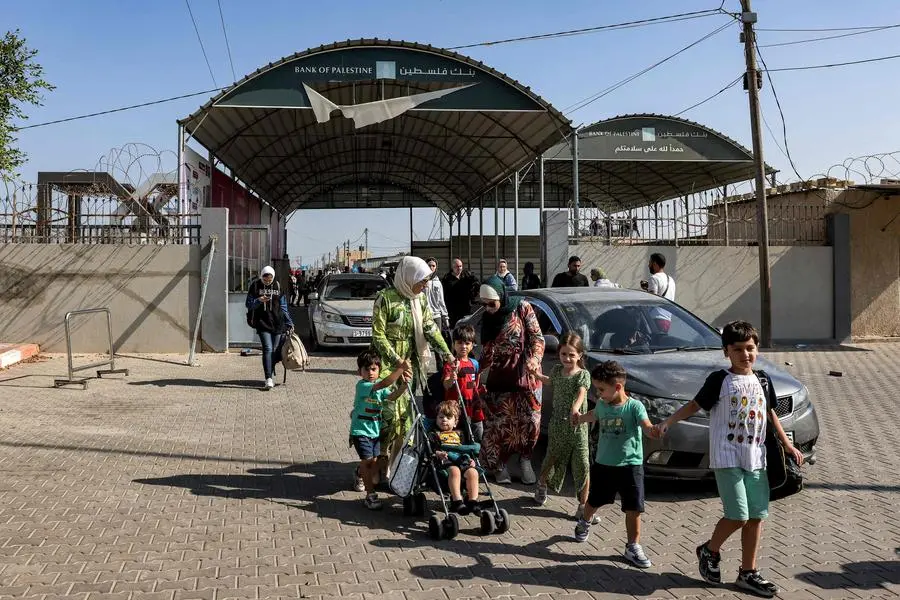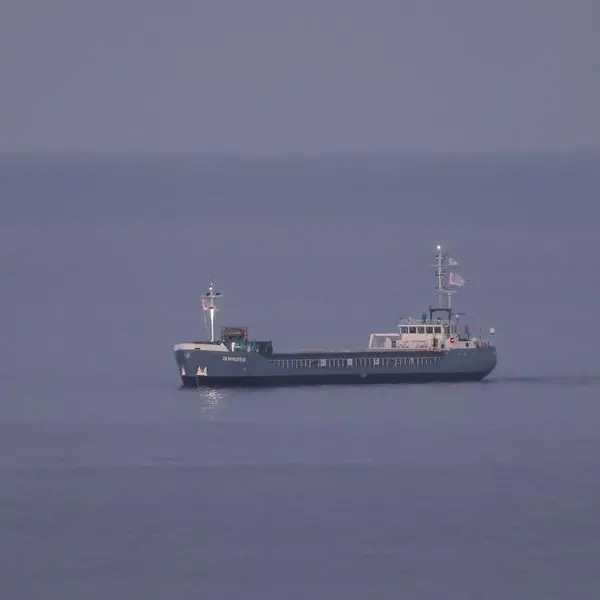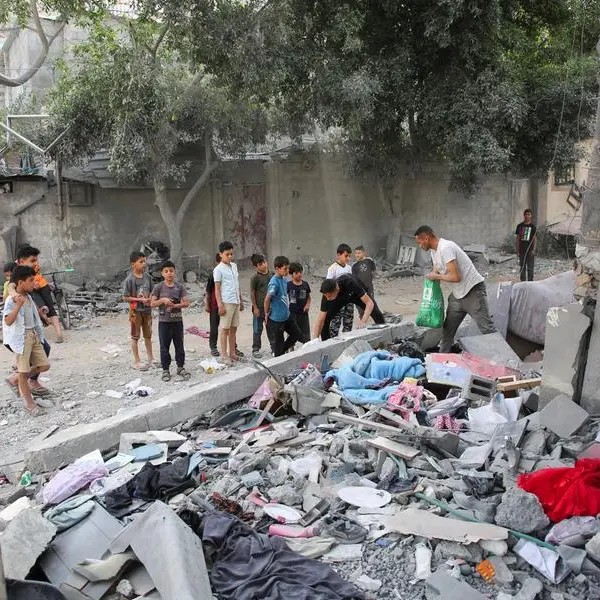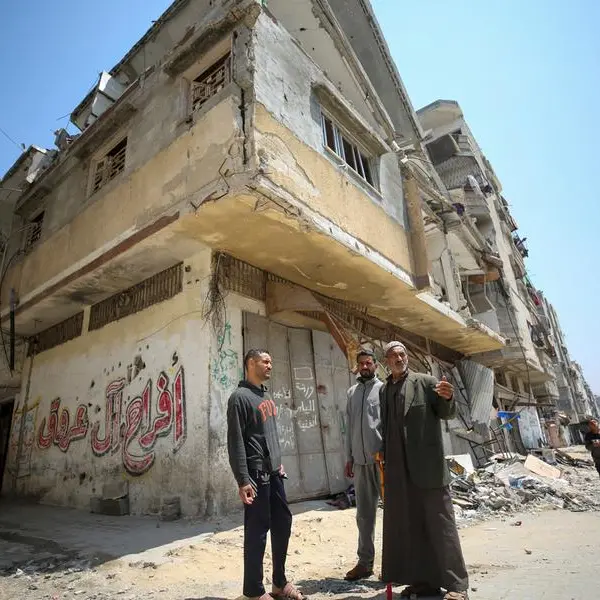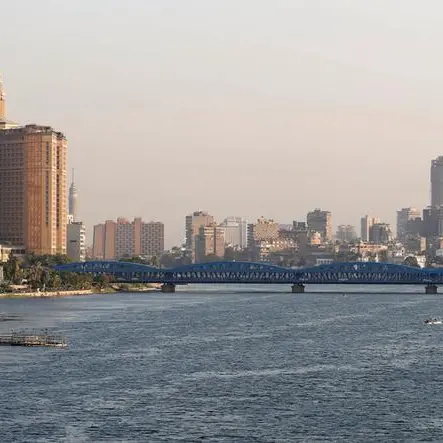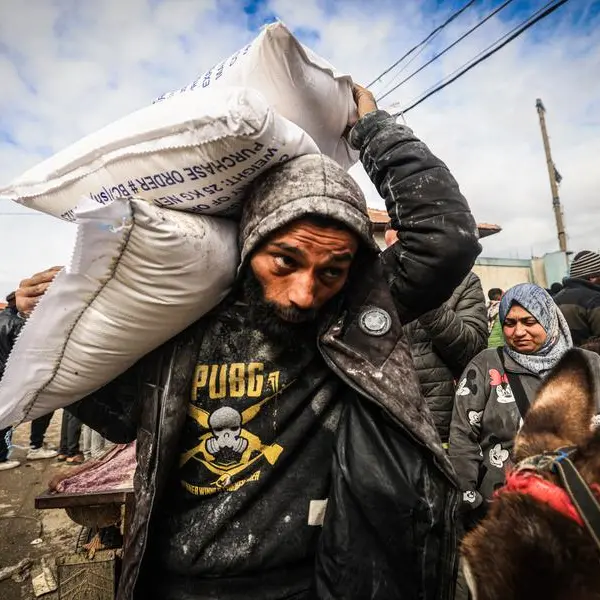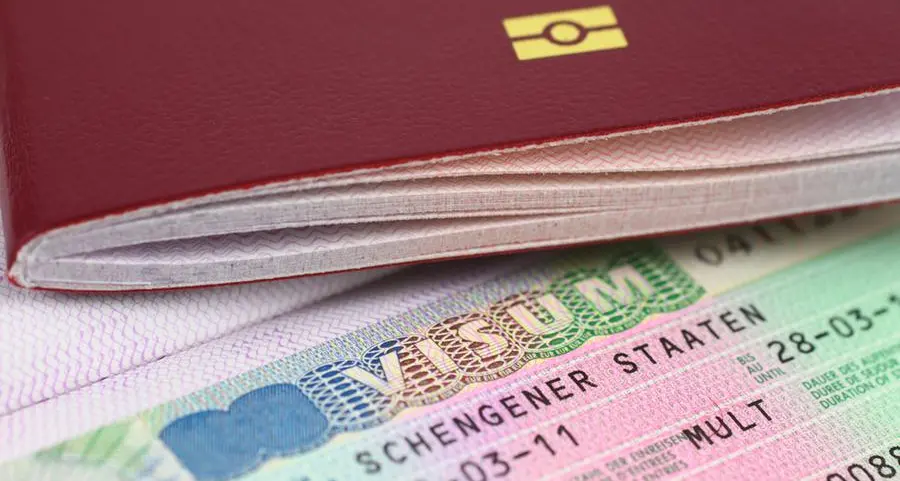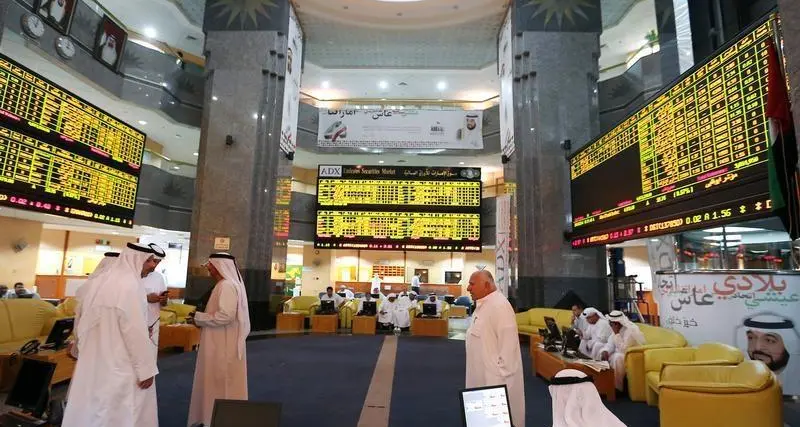PHOTO
Scores of foreign passport holders started leaving war-torn Gaza Wednesday after Egypt opened the Rafah crossing for the first time since the Israel-Hamas war began on October 7, AFP correspondents said.
It was not immediately clear how many people managed to leave via Rafah on Gaza's southern border with Egypt, but live footage from the scene showed crowds of people entering the Palestinian side of the terminal.
Although more than 200 trucks of desperately-needed aid have crossed into Gaza from Egypt, no people have been allowed to flee the battered enclave, with some 400 foreigners and dual nationals expected to make the crossing on Wednesday.
Foreign governments say there are passport holders from 44 countries, as well as 28 agencies, including UN bodies, living in the Gaza Strip where 2.4 million people have endured more than three weeks of unrelenting Israeli bombardment in response to the October 7 Hamas attacks.
The tiny coastal territory has also suffered "catastrophic" shortages of food, water and electricity following an almost total Israeli blockade in response to the attacks, the worst in Israel's history, that killed 1,400 people, mostly civilians.
According to the health ministry in Hamas-run Gaza, more than 8,500 people have been killed in the bombardments, two-thirds of them women and children.
Separately, Egypt said a first group of 81 seriously sick or wounded Palestinians would be allowed in to Egypt for medical treatment on Wednesday, with television channels close to the Egyptian intelligence services broadcasting live images of a fleet of ambulances entering the terminal.
Palestinian sources said they expected 88 people to be taken across for treatment in Egyptian hospitals.
The decision to open the crossing came hours after an Israeli strike on the largest refugee camp in Gaza, where the health ministry said at least 50 people were killed.
Egypt on Tuesday condemned the strike on Jabalia camp "in the strongest terms", warning against "the consequences of the continuation of these indiscriminate attacks that target defenceless civilians" in a foreign ministry statement.
